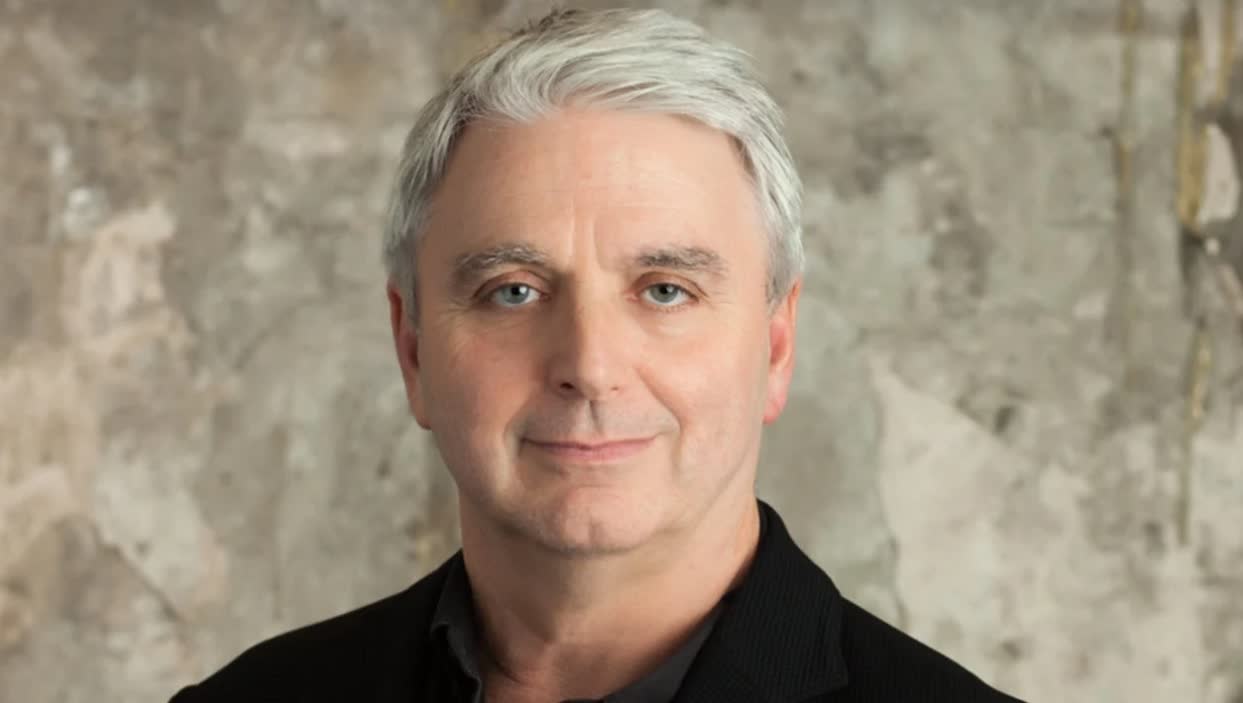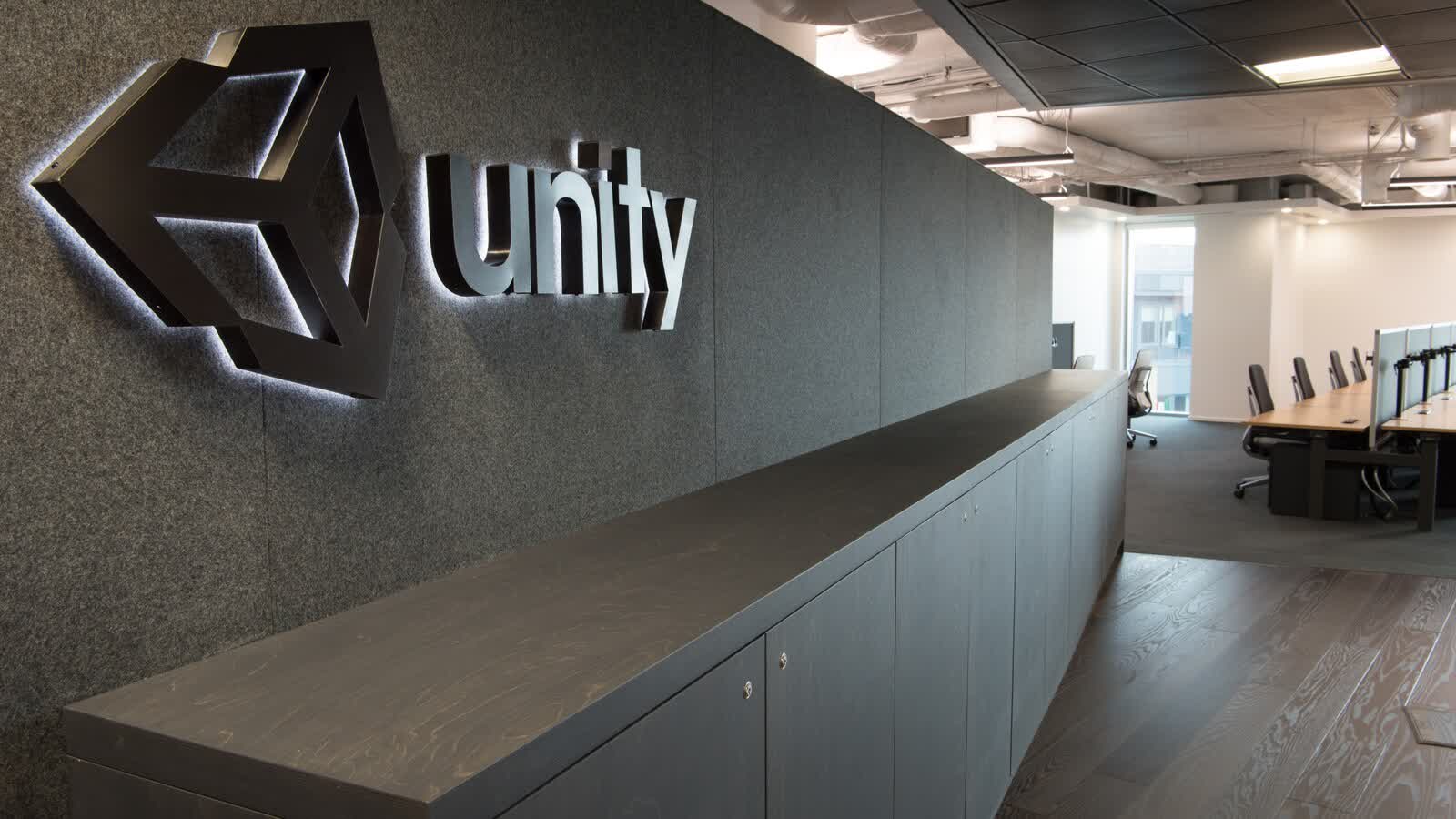What just happened? The fallout from Unity's controversial pricing structure changes have spilled over into October and will seemingly have a lasting impact on the company. Unity has announced that John Riccitiello is retiring as president, CEO, chairman, and board member, effective immediately.
James M. Whitehurst has been appointed interim chief executive and president, and has been added as a member of the board. Roelof Botha, who serves as the lead independent director of the board, has been named chairman.
Whitehurst is described as a seasoned technology and public company executive. Previously, he served as president and CEO of Red Hat for more than 12 years before moving to IBM when it acquired Red Hat in 2018. At IBM, Whitehurst served as president and later, a senior advisor.
Unity said Riccitiello, who took over at Unity CEO in late 2014, will stick around to help ensure a smooth transition of power.

Botha had nothing but praise for Riccitiello, noting how he took over at a difficult time, helped them transition from a perpetual license to a subscription model, and led them through an IPO. "Unity would not be where it is today without the impact of his contributions. I remain excited for the future of Unity," Botha added.
Riccitiello said it has been a privilege to lead the company for nearly a decade, and said he looks forward to following Unity's future success.
Whitehurst, meanwhile, said he is confident that Unity is well-positioned to continue enhancing its platform and further strengthen ties with its community of customers, developers, and partners.
Unity ran afoul with the community in September when it announced a new "Unity Runtime Fee" that was set to go into effect on January 1, 2024. Things got so bad that Unity even had to close a few offices due to "credible death threats." After nearly two weeks of backlash, confusion, and negative press, Unity announced revisions to the monetization plan that were far more acceptable in general. The leadership change will have a lasting impact on the company and its legacy but it seems the fire ignited by the ill-fated runtime fee have been extinguished.
